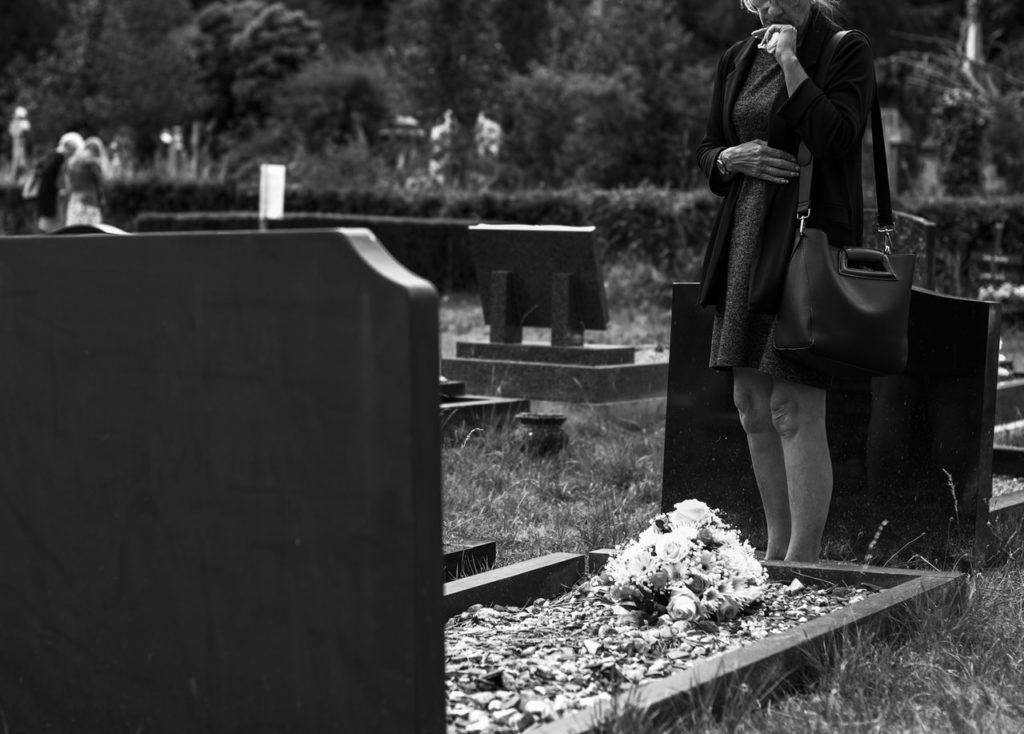- EXPERIENCED LAW FIRM IN TOLEDO, OH
- (419) 662-3100
What Happens When Someone Without a Will Dies?

Best Ways to Resolve Estate and Trust Disputes
June 5, 2020
When To Dispute Property Taxes
July 8, 2020Planning for death can be an uncomfortable topic. It’s no surprise many people, despite responsibilities to family, put it off for as long as possible. Unfortunately, it’s difficult to predict the future, and death can happen before a will is put in place. When this occurs, it’s called dying “intestate.” As a result, no heirs get to determine how assets and property are handled following a loved one’s passing.
At this point, the estate enters probate—a legal process in which the laws of the state take a hand in deciding how to handle inheritance. Probate is not a swift process. It can last months. It can extend into years, depending on the size and complexity of the estate. Also, legal fees come out of the estate, and the longer it lasts, the more expensive it can get.
Intestate succession laws vary from state to state and are primarily dependent on whether the deceased was single, married, or had children. Typically, the property is shared among the heirs and can include surviving spouses, parents, brothers and sisters, aunts and uncles, nieces, nephews, and distant relatives. Should no relatives exist at the time of the person’s passing, the estate goes entirely to the state.
Without a will, intestate laws only allow for blood relatives, spouses, and registered domestic partners to inherit. Unmarried partners, friends, and charities to not stand to inherit anything.
Here’s a quick breakdown of the various ways lack of a will can affect survivors:
The deceased is single
If a person who passes on is both single and childless, the parents are designated to receive the entire estate if both parents are living. Otherwise, probate splits the estate among siblings, half-siblings, and the surviving parent. If no surviving parents exist at the time of the deceased’s passing, then the estate is dividing among the siblings equally.
Should there be no surviving parents, siblings, or descendants of siblings (nieces and nephews), then the estate is divided between the relatives of both the mother’s and father’s sides of the deceased.
Should the deceased be single, but have children, then the entire estate will generally be split equally among the children. In the case that someone’s child has passed before them, and that child had children of their own, that child’s share would go to the surviving grandchildren.
The deceased is married
A lot of this depends on who owns what assets when a person passes on. Usually, an estate will go to the surviving spouse if it’s shared or marital property. It could also be divided between the surviving spouse, siblings, and parents in the case of separate ownership of property. The entire estate will go to the surviving spouse if there are no complications regarding shared property or assets. In cases where there are children from a previous marriage, the current spouse will receive half of the estate, with the other half going to the surviving children of the prior spouse or partner.
The deceased was in a domestic partnership
Not all states recognize domestic partnerships, so different rules might apply. You and your legal advisors can look at the laws of your particular state to determine how assets get distributed following one’s passing. In most cases, if someone dies without a will and leaves behind a domestic partner, that domestic partner would benefit from inheritance much the same was as a surviving spouse. Factors under consideration include who owns what property, if there are current children, or if there are children from a previous relationship.
The deceased was in a relationship, but not married or in a recognized domestic partnership
Dying without a will is most troublesome for an unmarried couple who was living together. Intestacy laws only recognize relatives—married and otherwise. Unmarried couples do not stand to inherit the property when one of them passes on without a will. Unless a will exists that clearly states the deceased’s intentions when they die, probate will divide the deceased’s assets among surviving relatives based on their relation.
No will? Speak with an attorney
Given such variables as property, assets, investments, and personal belongings, estate planning can get complicated. Passing on without clear intentions on how you wish to distribute your assets is only going to make matters worse. As uncomfortable as the topic may be, you should get together with an estate planning attorney to go over your options and see what works best for you and your survivors. That attorney can help you draft a valid will and provide some peace of mind for everyone involved. Why wait? Contact our firm today.








